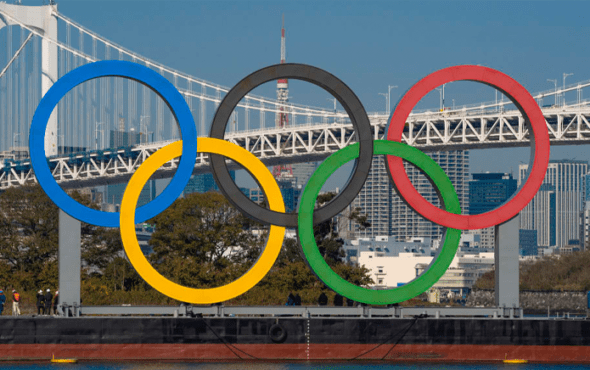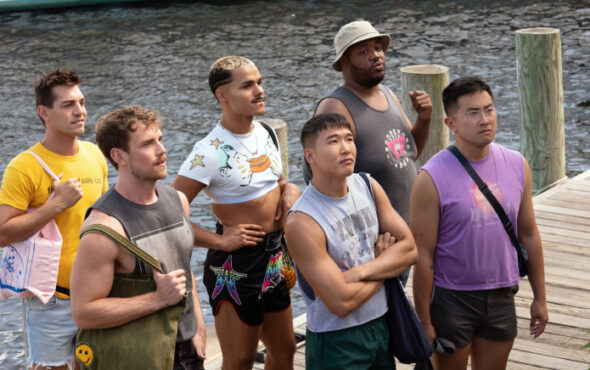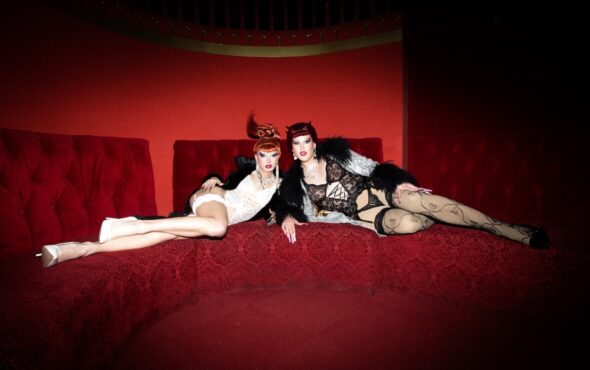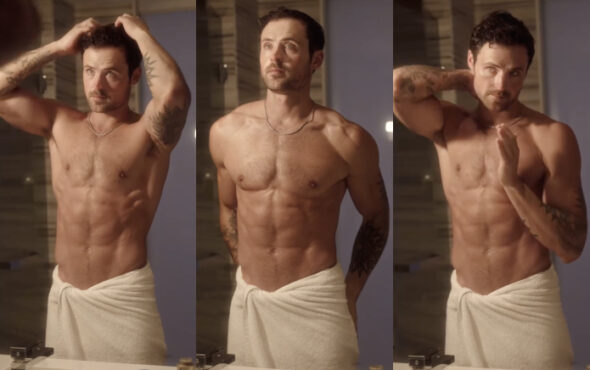
The International Olympic Committee (IOC) has announced that new guidelines regarding trans athletes are being reworked.
According to Dr Richard Budgett, the IOC’s science and medical director, the rules do not align with the current state of science. He also said that the new set of guidelines will be announced in two months.
Budgett elaborated on the announcement in a statement to The Guardian.
“I absolutely accept that, things move on. At the time the 10 nanomoles per litre was set because we thought that was the lower level for men,” he explained.
“We know now that they go down to seven and women can be higher as well. Agreeing on another number is almost impossible and possibly irrelevant. You can debate that endlessly.”
He then went on to reveal that the new framework of rules will give each individual sports federation the final say in athlete approval.
“There is some research, but it depends on whether you are coming from the view of inclusion as the first priority to absolute fairness to the nth degree being the priority,” he said.
“If you don’t want to take any risks at all that anyone might take advantage, then you just stop everybody.
“If you are prepared to extrapolate from the evidence there is, and consider the fact there have been no openly transgender women at the top level until now, I think the threat to women’s sports has probably been overstated.”
Budgett also touched on the “protecting women’s sports” narrative and said: “We have spent 100 years promoting women’s sport. I think it is up to the whole international sports movement and particularly the international federations to make sure they do protect women’s sports.”
He continued: “The other important thing to remember is that trans women are women. You have got to include all women if you possibly can.”
Budgett’s comments come right before trans weightlifter Laurel Hubbard competes at the Tokyo Olympics on Monday (2 August).
Hubbard made LGBTQ+ history when she joined the New Zealand Olympic team in the women’s super-heavyweight 87+kg category.
She is the first transgender athlete to compete at the games.
Alongside achieving such an incredible LGBTQ+ milestone, Hubbard is also the oldest athlete in the women’s weightlifting category.
Shortly after gaining a spot on the New Zealand team, the 41-year old faced backlash from anti-LGBTQ+ spectators.
A group, titled Defend Women’s Sport, created a petition calling to disqualify Hubbard. The transphobic document received close to 40,000 signatures.
The negative response prompted Thomas Bach, the president of IOC, to release a statement to Reuters in support of Hubbard.
“The rules for qualification have been established by the International Weightlifting Federation before the qualifications started. These rules apply and you cannot change the rules during ongoing competitions,” he said.



